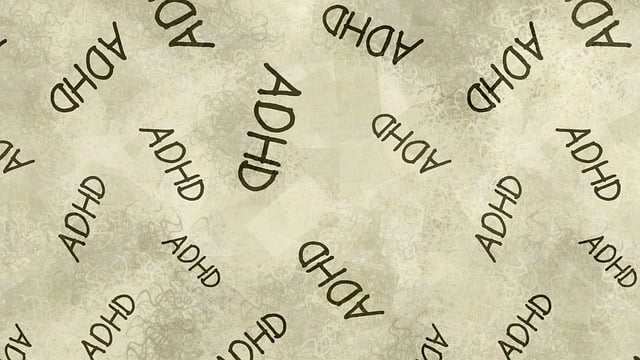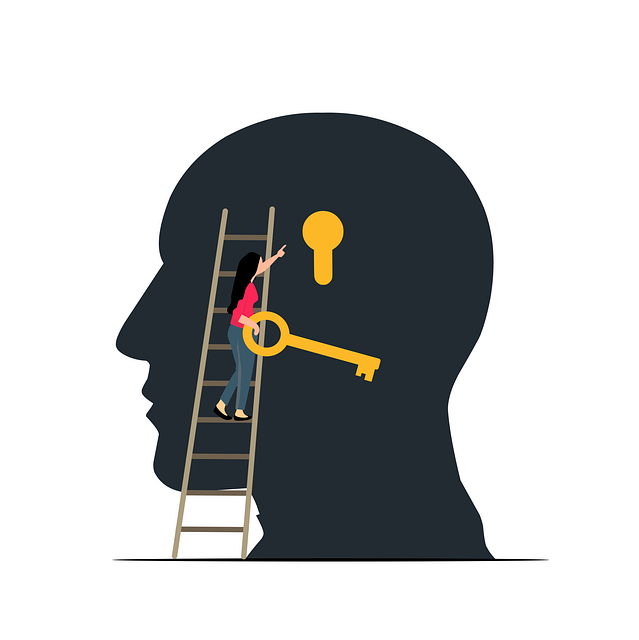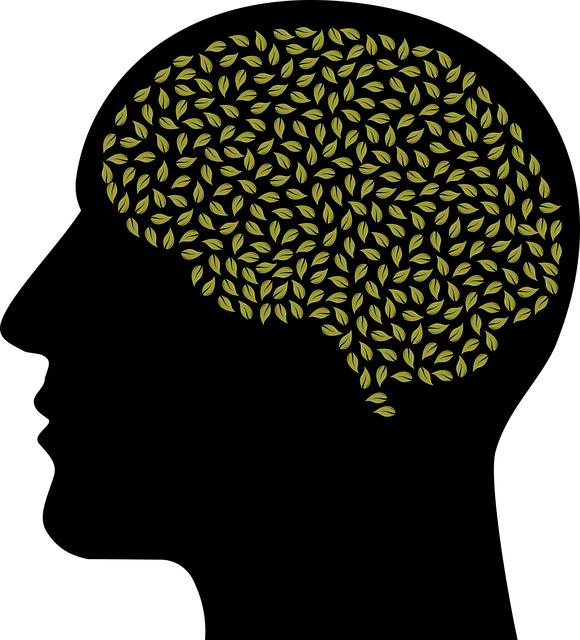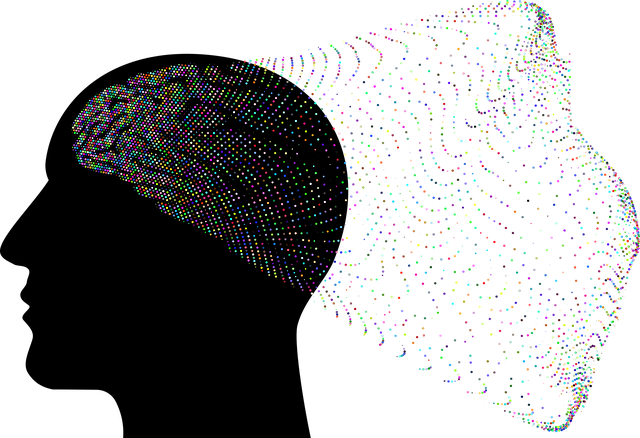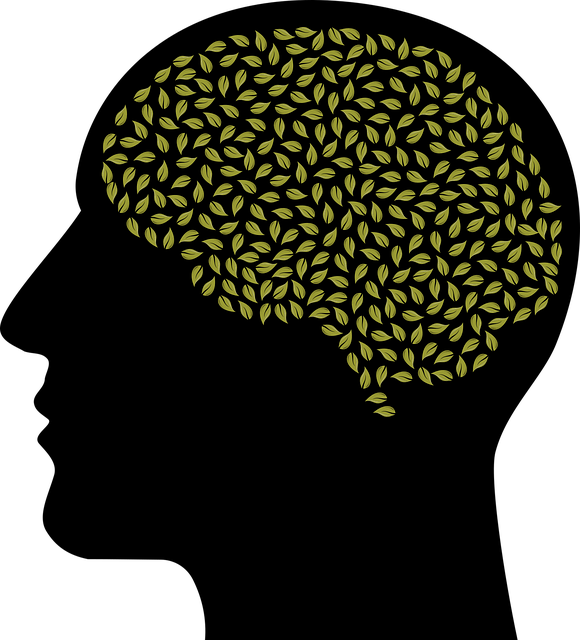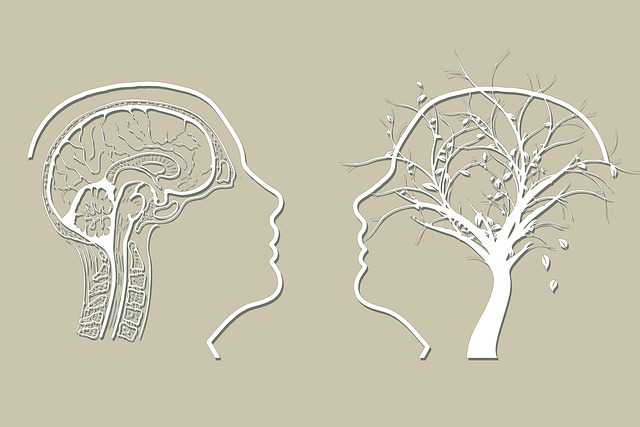Depression, a complex mental health issue, is treated through Englewood Biofeedback Therapy, combining biofeedback with social skills training and education. This holistic approach tackles stress responses, educates individuals on early warning signs, and promotes self-awareness to prevent relapses. By teaching mind-over-matter techniques, this therapy empowers clients to manage their mental wellness, reduce anxiety, and alleviate symptoms through relaxation and sensor feedback. Social connections and self-care practices like exercise, sleep, and healthy eating also play crucial roles in depression prevention.
Depression affects millions, but with proactive strategies, prevention is achievable. In this comprehensive guide, we explore various tactics to combat this common mental health challenge. From understanding the triggers to adopting practical daily coping mechanisms, we delve into innovative solutions like Englewood Biofeedback Therapy—a unique approach gaining recognition for its effectiveness. Empower yourself with knowledge and tools to recognize early signs and implement strategies for long-term well-being.
- Understanding Depression and Its Triggers
- Exploring Englewood Biofeedback Therapy: A Unique Approach
- Practical Strategies for Daily Coping and Prevention
Understanding Depression and Its Triggers

Depression is a complex mental health disorder that significantly impacts an individual’s daily life and well-being. It’s more than just feeling sad or having a low mood; it’s a persistent state characterized by intense feelings of sadness, loss of interest in activities once enjoyed, changes in appetite and sleep patterns, fatigue, difficulty concentrating, and, in severe cases, recurrent thoughts of death or suicide. Understanding the triggers that contribute to depression is a crucial step in prevention. These can vary greatly from person to person but often include genetic predisposition, brain chemistry imbalances, hormonal changes, stressful life events, trauma, social isolation, chronic illnesses, certain medications, substance abuse, and lack of mental health support.
Englewood Biofeedback Therapy, combined with Social Skills Training and Mental Health Education Programs Design, offers a holistic approach to addressing these triggers. Biofeedback helps individuals gain control over bodily functions often associated with stress and depression, such as heart rate and muscle tension. Emotional Healing Processes facilitated through therapy sessions and education empower people to recognize early warning signs of depression, develop coping strategies, and build resilient support systems. This comprehensive strategy not only aids in preventing relapses but also promotes overall mental well-being.
Exploring Englewood Biofeedback Therapy: A Unique Approach

Englewood Biofeedback Therapy offers a unique approach to depression prevention, combining mental health policy analysis and advocacy with mind over matter principles. This innovative treatment goes beyond traditional talk therapy by empowering individuals to take control of their mental wellness through a variety of techniques. One such technique is biofeedback, which teaches people how to consciously regulate bodily functions often affected by stress and anxiety, such as heart rate and muscle tension.
By integrating Mental Wellness Journaling Exercise Guidance into the process, Englewood Biofeedback Therapy encourages clients to reflect on their emotional states and track progress over time. This reflective practice not only enhances self-awareness but also fosters a deeper understanding of one’s triggers and coping mechanisms. The result is a holistic approach that addresses both the symptoms of depression and their underlying causes, ultimately promoting lasting mental health improvements.
Practical Strategies for Daily Coping and Prevention

Depression prevention starts with practical strategies that can be integrated into daily routines. One effective approach is Englewood Biofeedback Therapy, which teaches individuals to regulate their physical responses to stress, helping them gain control over symptoms of depression and anxiety. This therapy combines relaxation techniques with real-time feedback from sensors, allowing people to learn how to calm their mind and body.
Additionally, Social Skills Training and Mental Illness Stigma Reduction Efforts play a significant role in prevention. Building strong social connections and fostering an environment that supports open conversations about mental health can help reduce the risk of depression. Encouraging self-care practices like regular exercise, adequate sleep, and healthy eating habits are also crucial components of burnout prevention strategies for healthcare providers and anyone seeking to maintain good mental well-being.
In addressing depression prevention strategies, understanding the root causes and adopting innovative approaches like Englewood Biofeedback Therapy prove invaluable. This therapy offers a unique path towards mental well-being by harnessing the body’s natural responses. Additionally, practical daily coping mechanisms reinforce resilience and prevent relapse. By combining knowledge, therapeutic tools, and proactive strategies, individuals can effectively navigate and overcome depressive episodes, leading to a brighter and more balanced life.


